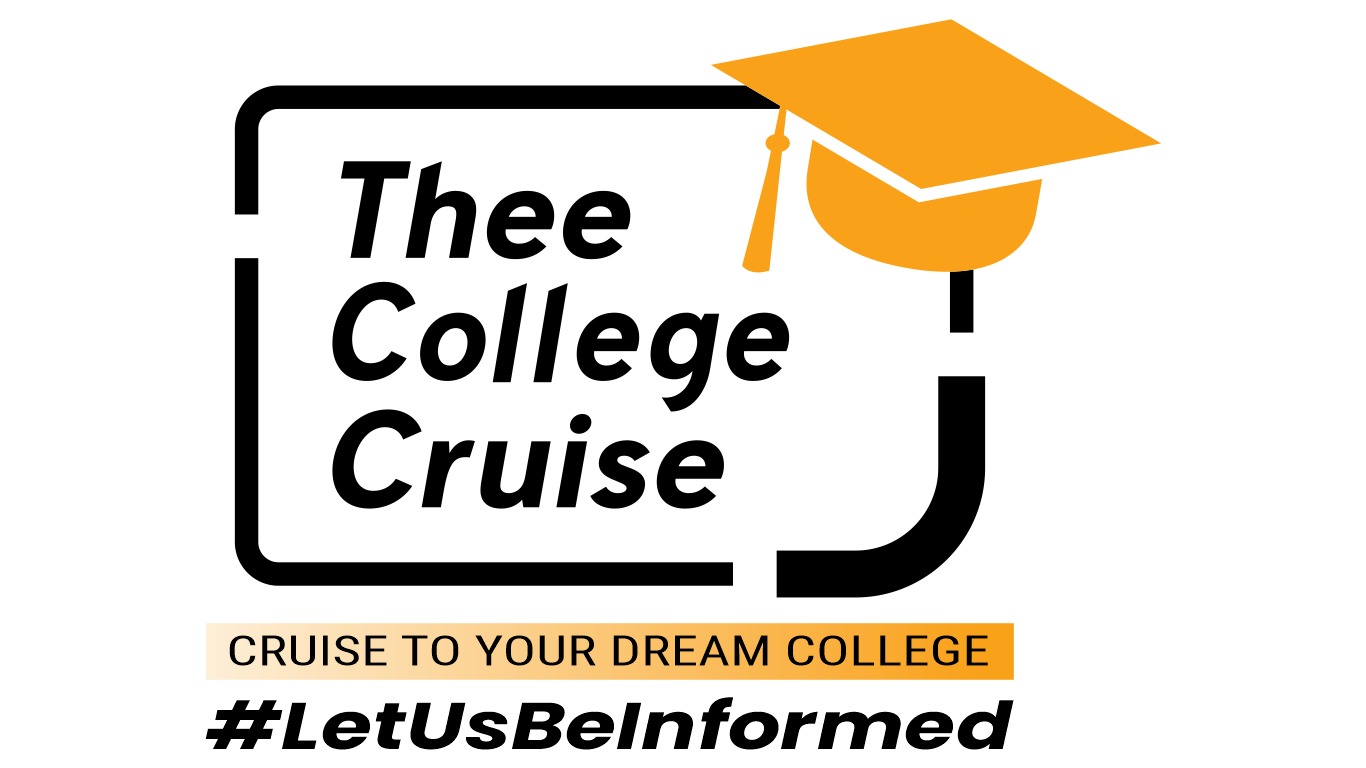For international students, finding ways to fund their education while gaining professional experience can be challenging. That’s where co-op programs—structured educational experiences combining classroom learning with paid work placements—become invaluable. These programs allow students to integrate work and study, enhancing their career prospects while managing their expenses.
Let’s explore co-op programs and how they can benefit international students.
1. What Are Co-Op Programs?
Co-operative education, or “co-op,” blends academic coursework with industry-relevant work experience. These programs are typically part of a student’s degree curriculum and alternate between study terms and work placements.
- Paid Work Terms: Unlike unpaid internships, co-op programs usually provide students with a salary, making it a financially sustainable option.
- Integrated Learning: The work placements are directly tied to the student’s field of study, allowing them to apply classroom concepts in real-world scenarios.
- Flexible Duration: Work terms can range from a few months to an entire year, depending on the program.
2. Why Should International Students Consider Co-Op Programs?
a. Financial Support
For many international students, tuition fees and living costs are significant concerns. Co-op placements provide a steady income, helping students offset their expenses while studying abroad.
b. Industry Experience
Gaining hands-on experience in your field gives you a competitive edge in the job market. Employers value graduates with practical experience, and co-op programs ensure you graduate with a strong resume.
c. Building a Professional Network
Work placements allow you to connect with industry professionals, opening doors to mentorship and potential job opportunities post-graduation.
d. Understanding Workplace Culture
Working in a new country helps you familiarize yourself with its professional culture, enhancing your adaptability and cross-cultural communication skills.
e. Pathway to Permanent Residency
In countries like Canada or Australia, co-op programs often fulfill the work experience requirements for immigration pathways, such as the Express Entry system in Canada.
3. Top Countries Offering Co-Op Programs for International Students
a. Canada
- Known for its robust co-op system, Canadian universities like the University of Waterloo and Simon Fraser University offer co-op placements across various industries.
- International students can work up to 20 hours per week during academic terms and full-time during co-op placements under their study permits.
b. Germany
- Germany’s “dual study programs” integrate study and work, with many companies partnering with universities to provide structured placements.
- Students often receive stipends or salaries, making education in Germany even more affordable.
c. Australia
- Many Australian universities, such as the University of Sydney and Monash University, offer co-op or work-integrated learning (WIL) programs.
- Industries such as engineering, healthcare, and IT provide abundant opportunities.
d. United States
- The U.S. offers co-op and Curricular Practical Training (CPT) opportunities, allowing students to gain work experience related to their major.
- Top schools like Northeastern University and Drexel University are renowned for their co-op programs.
e. United Kingdom
- In the UK, “sandwich courses” are equivalent to co-op programs, featuring a year of paid work placements as part of the degree.
4. How to Enroll in a Co-Op Program
a. Research Universities
Choose universities that offer co-op options in your field. Look for programs with strong industry partnerships and high placement rates.
b. Meet Eligibility Requirements
Many universities require students to maintain a certain GPA to qualify for co-op programs. Ensure you meet the academic and language proficiency criteria (e.g., IELTS or TOEFL scores).
c. Apply for Work Permits
Some countries, like Canada and the UK, require international students to obtain a separate co-op work permit. Check the visa requirements for your destination.
d. Prepare a Strong Application
Work placements can be competitive, so polish your resume and cover letter. Highlight relevant skills, projects, and extracurricular activities to stand out.
e. Leverage Career Services
Most universities have dedicated co-op or career services departments to help students secure placements. Attend workshops, career fairs, and mock interviews to enhance your employability.
5. Tips for Success in Co-Op Programs
a. Be Proactive
Start your job search early and actively seek opportunities. Networking and using platforms like LinkedIn can help you discover hidden openings.
b. Adapt to Feedback
Employers appreciate students who learn quickly and adapt to feedback. Use your co-op term to improve your skills and showcase your potential.
c. Balance Work and Study
Managing academics alongside work placements can be demanding. Create a schedule and prioritize tasks to stay on top of both commitments.
d. Document Your Achievements
Keep track of the projects you work on, skills you develop, and feedback you receive. These details will be invaluable when updating your resume or preparing for future job interviews.
6. Challenges and How to Overcome Them
a. Securing a Placement
Competition for co-op jobs can be fierce. Improve your chances by tailoring your applications to each employer and seeking guidance from your university’s career services.
b. Adjusting to Work Culture
Cultural differences in the workplace may feel overwhelming at first. Observe, ask questions, and be open to learning from your colleagues.
c. Managing Finances
While co-op salaries are helpful, they may not cover all your expenses. Budget wisely and save wherever possible to make the most of your earnings.
Co-op programs are a game-changer for international students, offering a unique opportunity to combine academic learning with real-world experience. They provide financial relief, build your professional network, and enhance your career prospects while immersing you in the local workplace culture.
To make the most of your study abroad journey, explore co-op options in your preferred destination and prepare yourself for an enriching experience that goes beyond the classroom.
For more guidance on studying abroad and co-op programs, stay connected with Thee College Cruise—your trusted partner in navigating international education!




